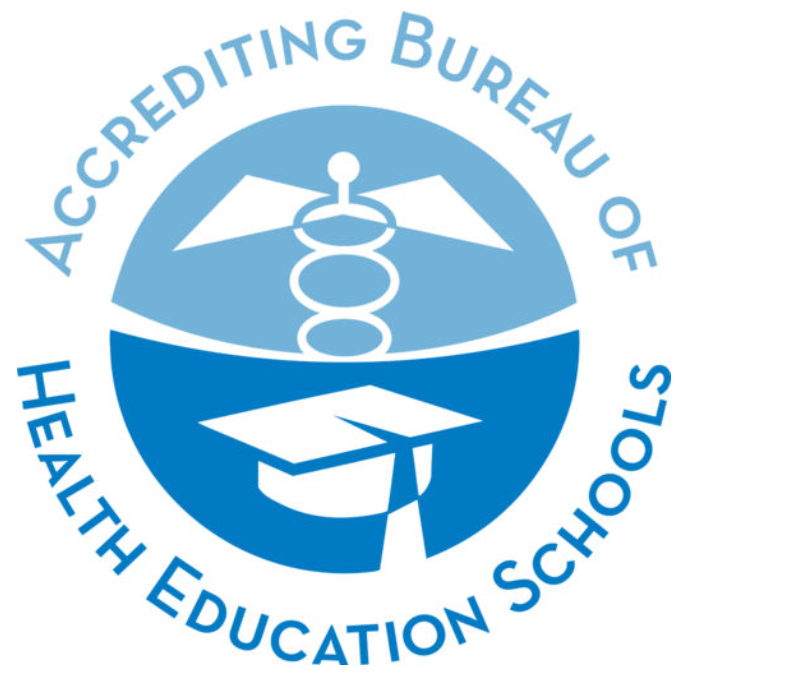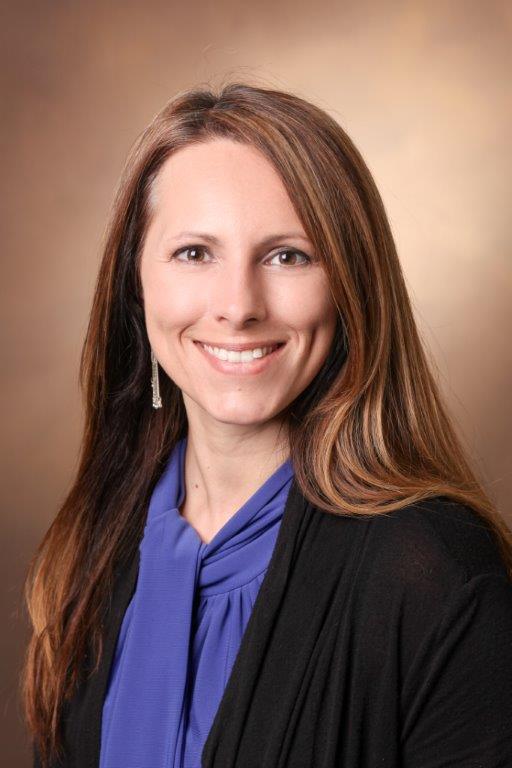NOTE: For individuals accessing the website through a mobile device, please select the three-line "Menu" link in the upper right corner of the screen to access additional information about the program, including course descriptions, the application process, and student selection process.
The Vanderbilt Medical Laboratories sponsors the Medical Laboratory Science program, which operates within the Department of Pathology, Microbiology, and Immunology and the Vanderbilt Medical Laboratories. Medical laboratory scientists are trained in all major clinical pathology areas including Clinical Chemistry, Hematology, Coagulation (Hemostasis and Thrombosis), Immunoserology, Blood Bank (Immunohematology), Microbiology, Urinalysis & Body Fluids, Molecular Diagnostics and Seminar. Learning occurs through presentations, demonstrations and student laboratory exercises, and experiential training in the clinical laboratories.
Watch our brief video to learn more!

Student laboratory and classroom spaces are located within the Vanderbilt Medical Laboratories at MetroCenter and Light Hall on the Vanderbilt University Medical Center campus. Additional space is assigned throughout the Vanderbilt Medical Laboratories for student use. Student library resources and office space for the program director and educational coordinator are also located within the Vanderbilt Medical Laboratories at MetroCenter. The Program officials include a Medical Director, Program Director, Education Coordinator, Clinical Coordinator, and faculty from each area of the laboratory who are experts in their respective fields.
Classes begin the first week of June and continue until the end of June the following year. Introduction to the Laboratory is held during the first week of class and provides an opportunity for students to become acquainted with fellow students and faculty members. Coursework during this week consists of an introduction, safety, and review of basic laboratory operations and skills. The Seminar course introduces students to employment, management, and education topics. Department-specific courses provide students with information needed for working in an entry-level position as a Medical Laboratory Scientist.
Students are required to be present on a full-time basis throughout the year of training. Classes in the first six months meet from 8:30 am-4:30 pm Monday -Friday. Clinical rotation hours will vary according to the individual laboratory sections. Rotations typically meet 7 am-3:30 pm or 8 am-4:30 pm, though students will perform four days of rotations on a modified evening shift from 1-9 pm.
Upon satisfactory completion of the training program, a certificate of completion is awarded to the student. The course of study during the clinical year may be credited towards a baccalaureate degree for 3+1 students where an affiliation between the student's college or university and the Medical Center exists.
Students completing the year of training are eligible for the national certification by examination through agencies such as the American Society of Clinical Pathology Board of Certification (BOC). Upon receipt of national certification, the graduate becomes eligible for state licensure by the Tennessee Department of Health, Medical Laboratory Board.
The MLS Program meets personnel licensing requirements for all state licensing boards in the United States.
Program Outcomes
| 2019-20 | 2020-21 | 2021-22 | 2022-23 | 2023-24 | |
| Graduation Rate | 100% | 100% | 100% | 100% | 100% |
| Certification Rate | 100% | 91.67% | 100% | 100% | 100% |
| Employment Rate | 100% | 91.67% | 100% | 100% | 100% |
*This is a measure of the pass rate for first attempts on the American Society for Clinical Pathology Board of Certification exam.
 Vanderbilt University Medical Center is authorized for operation as a postsecondary educational institution by the
Vanderbilt University Medical Center is authorized for operation as a postsecondary educational institution by the  Vanderbilt University Medical Center is institutionally accredited by the
Vanderbilt University Medical Center is institutionally accredited by the 